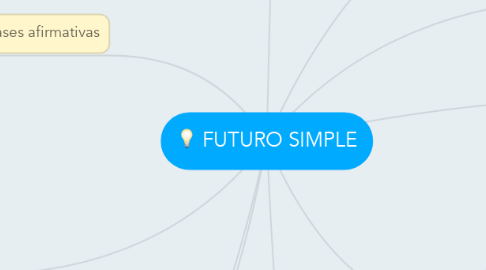
1. Frases afirmativas
1.1. Sujeto + verbo auxiliar (to be) + “going to” + verbo principal.
1.2. Ejemplos:
1.2.1. I am going to call you tonight. (Voy a llamarte esta noche.)
1.2.2. She is going to arrive late. (Va a llegar tarde.)
2. Frases negativas
2.1. Sujeto + verbo auxiliar (to be) + “not” + “going to” + verbo principal.
2.1.1. Ejemplos:
2.1.1.1. I am not going to call you tonight. (No voy a llamarte esta noche.)
2.1.1.2. She is not going to arrive late. (No va a llegar tarde.)
3. Frases interrogativas
3.1. Verbo auxiliar (to be) + sujeto + “going to” + verbo principal.
3.2. Ejemplos:
3.2.1. Are you going to call me tonight? (¿Vas a llamarme esta noche?)
3.2.2. Is she going to arrive late? (¿Va a llegar tarde?)
3.2.3. Are they going to be happy to see you? (¿Van a estar felices de verte?)
4. Estructura de GOING TO
5. Frases afirmativas
5.1. Sujeto + “will” + verbo principal.
5.2. Ejemplos:
5.2.1. I will I’ll call you tonight. (Te llamaré esta noche.)
5.2.2. She will She’ll arrive late. (Llegará tarde.)
6. Estructura WILL
7. Frases negativas
7.1. Sujeto + “will” + “not” + verbo principal.
7.1.1. Ejemplos:
7.1.1.1. I will not [won’t] call you tonight. (No te llamaré esta noche.)
7.1.1.2. She will not [won’t] arrive late. (No llegará tarde.)
8. Frases interrogativas
8.1. “Will” + sujeto + verbo principal.
8.2. Ejemplos:
8.2.1. Will you call me tonight? (¿Me llamarás esta noche?)
8.2.2. Will she arrive late? (¿Llegará tarde?)
